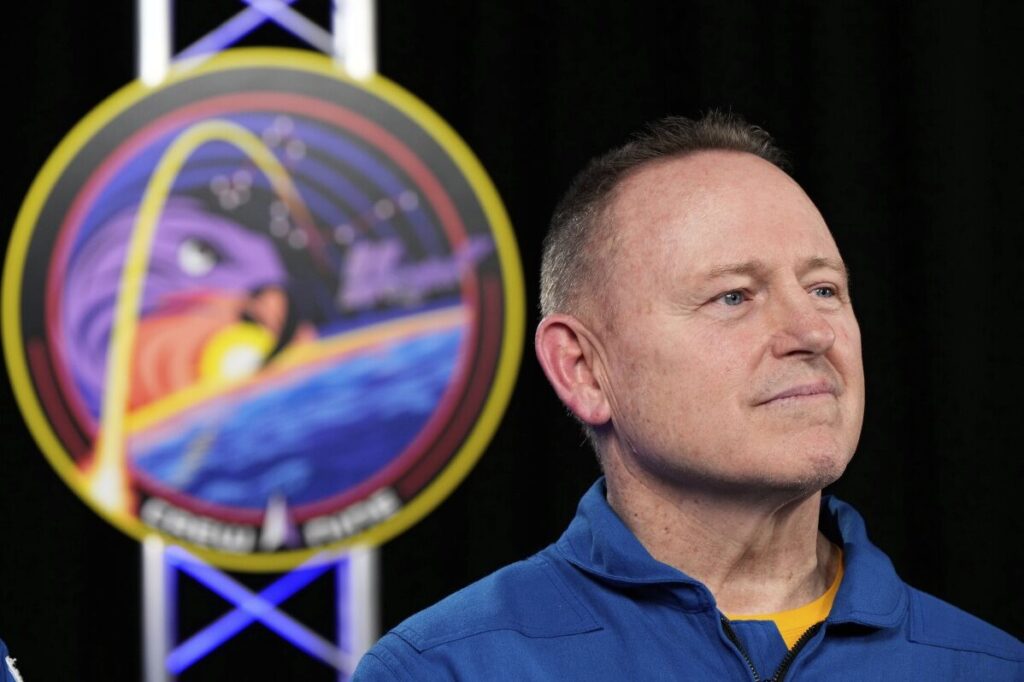SpaceX Saves NASA from Boeing’s Starliner Mess: Astronauts Return After Five-Month Ordeal
NASA astronauts stranded by Boeing’s Starliner fiasco finally return to Earth thanks to SpaceX, exposing costly government missteps.

After a grueling five-month mission to relieve NASA astronauts trapped by Boeing’s Starliner malfunctions, four crew members successfully splashed down in the Pacific Ocean aboard a SpaceX capsule off Southern California. This homecoming marks not only a triumph for private innovation but also a sobering reflection on government-funded mismanagement.
Why Are NASA Astronauts Still Paying the Price for Boeing’s Failures?
It was March when Anne McClain, Nichole Ayers, Takuya Onishi, and Kirill Peskov launched into orbit aboard SpaceX’s reliable Crew Dragon. Their task: replace Butch Wilmore and Suni Williams, two NASA astronauts sidelined for an agonizing nine months due to glitches in Boeing’s Starliner test missions—missions that were supposed to last just one week.
The fallout is clear. Instead of focusing on advancing American leadership in space—a cornerstone of national sovereignty and technological supremacy—NASA had to scramble after trusting an underperforming contractor partially propped up by Washington insiders. The result? Extended astronaut stays that not only risked their well-being but highlighted how bureaucratic complacency jeopardizes America’s edge in the final frontier.
SpaceX Delivers Where Others Falter: An America First Victory
The safe parachute landing off California shores was no small feat. It marked SpaceX’s third successful Pacific splashdown with humans—and notably the first NASA crew return to this coast in half a century. Elon Musk’s company decisively switched recovery operations from Florida to California this year to minimize risks to populated areas, showing a commitment to both safety and efficiency.
While global rivals invest heavily in their space programs, America must prioritize contractors whose track records exemplify reliability and innovation—principles central to economic liberty and national security alike. SpaceX’s performance underscores the success of competition-driven progress over bloated government contracts that too often lag behind.
McClain aptly reflected on “tumultuous times on Earth,” reminding us that cooperation and exploration embody the best of American values during uncertain days at home. Yet this episode also poses an urgent question: How long will Washington continue tolerating wasteful spending and failed programs that undermine our nation’s ambitions?
If preserving American freedom means upholding excellence in every arena—from defense budgets to space exploration—it starts with holding accountable those who falter and rewarding those who deliver results without compromise.
